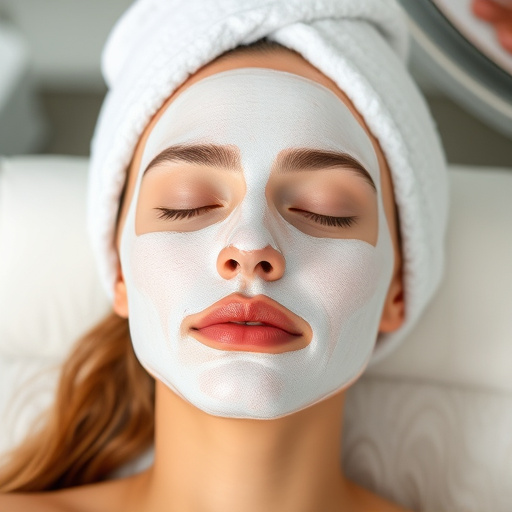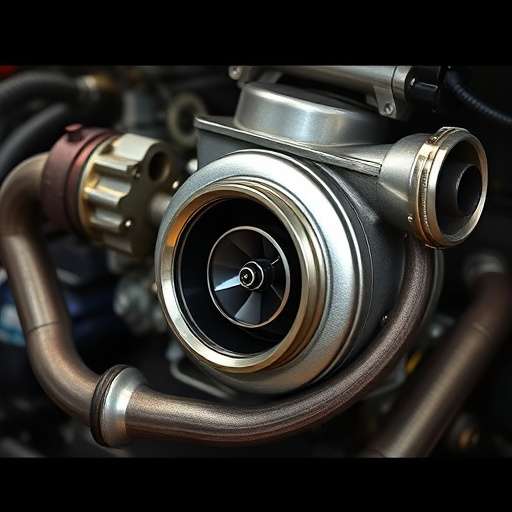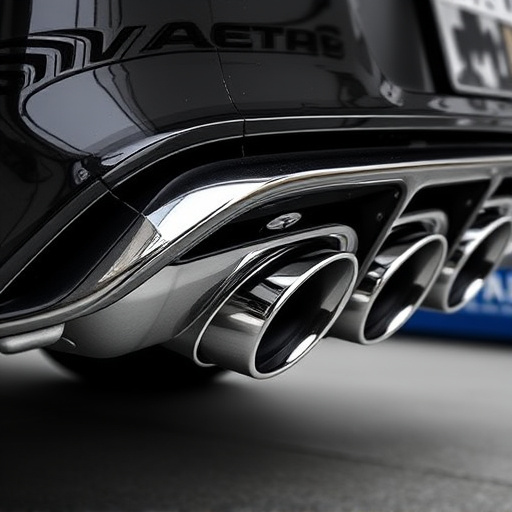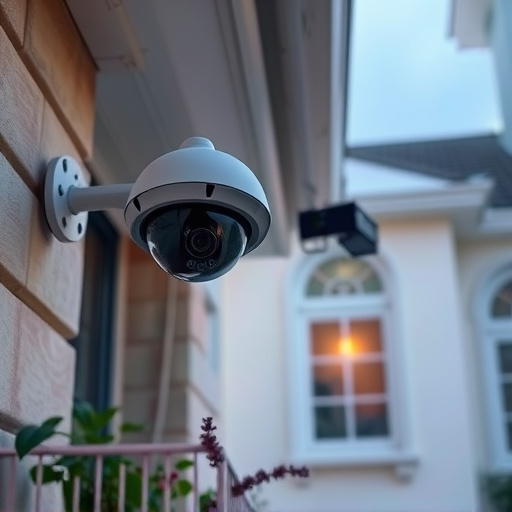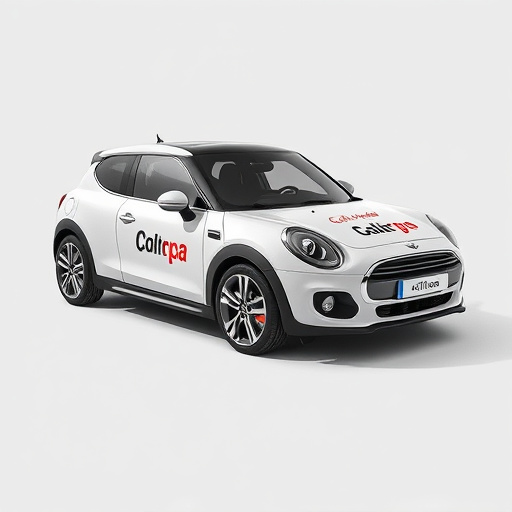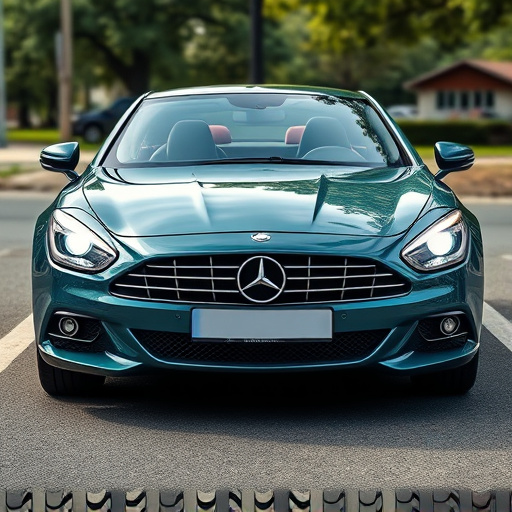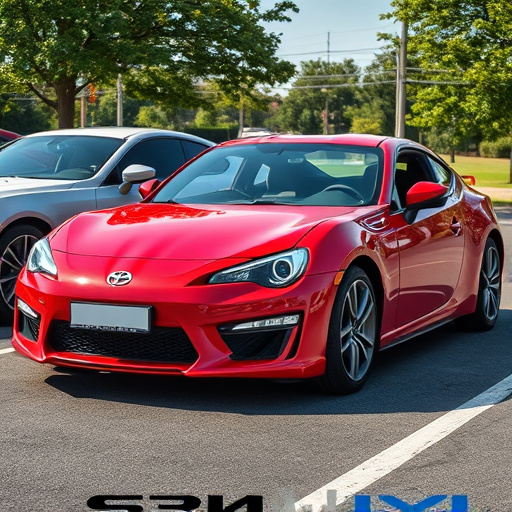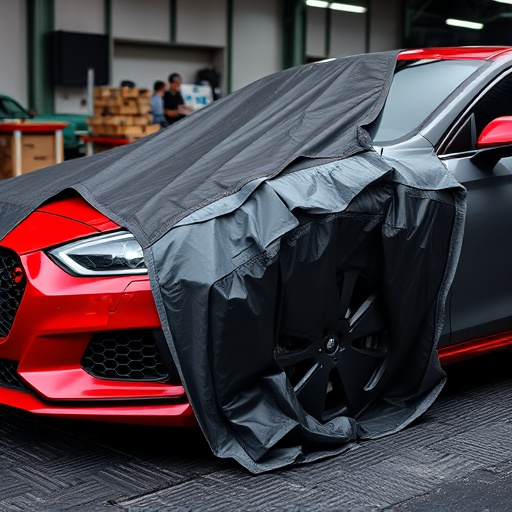Mirror protection films offer vehicle owners functional and aesthetic benefits, safeguarding mirrors from damage while maintaining clarity. High-quality products ensure minimal impact on reflection, crucial for safe driving. Customization enthusiasts appreciate their modern look. Careful selection provides peace of mind, enhancing driving confidence with UV protection and scratch resistance options like ceramic coatings and vehicle wraps.
“Uncover the truth behind mirror protection film and its impact on clarity. In today’s world, protecting mirrors from scratches and damage is paramount, leading many to wonder: does this protective coating compromise visual quality? This article delves into the intricate relationship between mirror protection film and reflectivity, offering insights into how various types of films can either enhance or detract from mirror clarity. By understanding the science behind these coatings, you’ll make informed decisions for your reflective surfaces.”
- Understanding Mirror Protection Film's Impact
- The Science Behind Reflectivity and Clarity
- Exploring Different Types of Protective Films
Understanding Mirror Protection Film's Impact
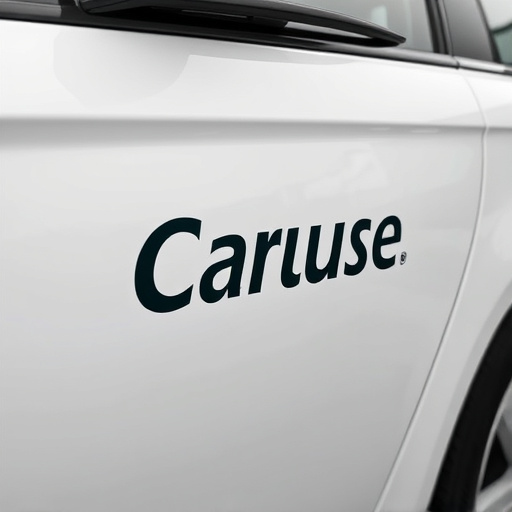
Mirror protection film has become a popular choice for vehicle owners looking to enhance their driving experience and protect their mirrors from damage. While its primary function is to safeguard against stone chips, scratches, and other external aggressors, understanding its impact on mirror clarity is essential. The film’s design includes a thin layer that can affect the reflection quality slightly, but this effect is typically minimal. In fact, many high-quality mirror protection films are engineered to maintain exceptional clarity, ensuring drivers have crystal-clear visibility.
Car customization enthusiasts and those seeking premium automotive services appreciate that these films offer more than just protection; they contribute to a sleek, modern look while enhancing the overall aesthetics of a vehicle. By carefully selecting a top-tier mirror protection film, owners can enjoy peace of mind knowing their mirrors are secure without sacrificing visual clarity—a critical aspect for safe and confident driving, especially during varying lighting conditions.
The Science Behind Reflectivity and Clarity

The clarity and reflectivity of a mirror are fundamentally linked to its surface properties. Mirrors, by their nature, are designed to reflect light with minimal distortion. This is achieved through the precise arrangement of materials that create a smooth, reflective surface. When a mirror protection film is applied, it interacts with this surface, potentially altering both the way light bounces off and enters the mirror.
Mirror protection films, often marketed for their ability to shield mirrors from damage, scratches, and UV rays, can also influence a mirror’s reflectivity and clarity. These films are typically made of polycarbonate or other advanced materials that offer superior durability and optical clarity. However, the way they manage light—through absorption, scattering, or reflection—can vary, leading to either enhanced or diminished mirror clarity depending on the film’s quality and design. Factors such as heat rejection capabilities and custom graphics can further impact the overall performance of these films, ultimately affecting how clearly one sees reflected images.
Exploring Different Types of Protective Films
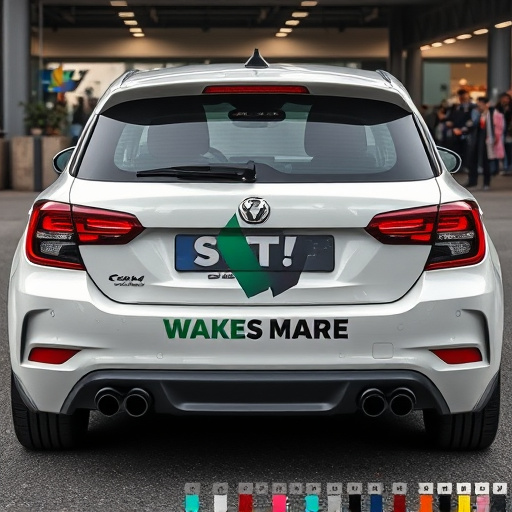
When it comes to protecting your mirrors from scratches, chips, and other types of damage, various mirror protection film options are available in the market. These films serve as a protective barrier, enhancing durability while preserving clarity. Exploring different types offers insights into how each variant can impact both visual quality and functional integrity.
One popular choice is UV protection films designed to shield mirrors from harmful ultraviolet rays. These not only safeguard against discoloration but also contribute to maintaining mirror clarity over time. Vehicle wraps, known for their versatility, provide an additional layer of defense against road debris and can even offer some level of privacy. Alternatively, ceramic coatings represent a more advanced solution, offering superior scratch resistance and improved reflectivity compared to standard films. This option is ideal for those seeking the highest levels of protection and clarity, especially in environments with extreme weather conditions or heavy traffic.
Mirror protection film has been shown to significantly enhance the durability and longevity of mirrors, without substantially compromising their clarity. By understanding the science behind reflectivity and selecting the right type of protective film, you can ensure your mirrors remain crystal clear while benefiting from superior protection against scratches, stains, and UV damage. Investing in high-quality mirror protection film is a practical step to preserve the aesthetic appeal and functionality of your mirrors for years to come.
